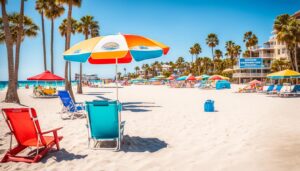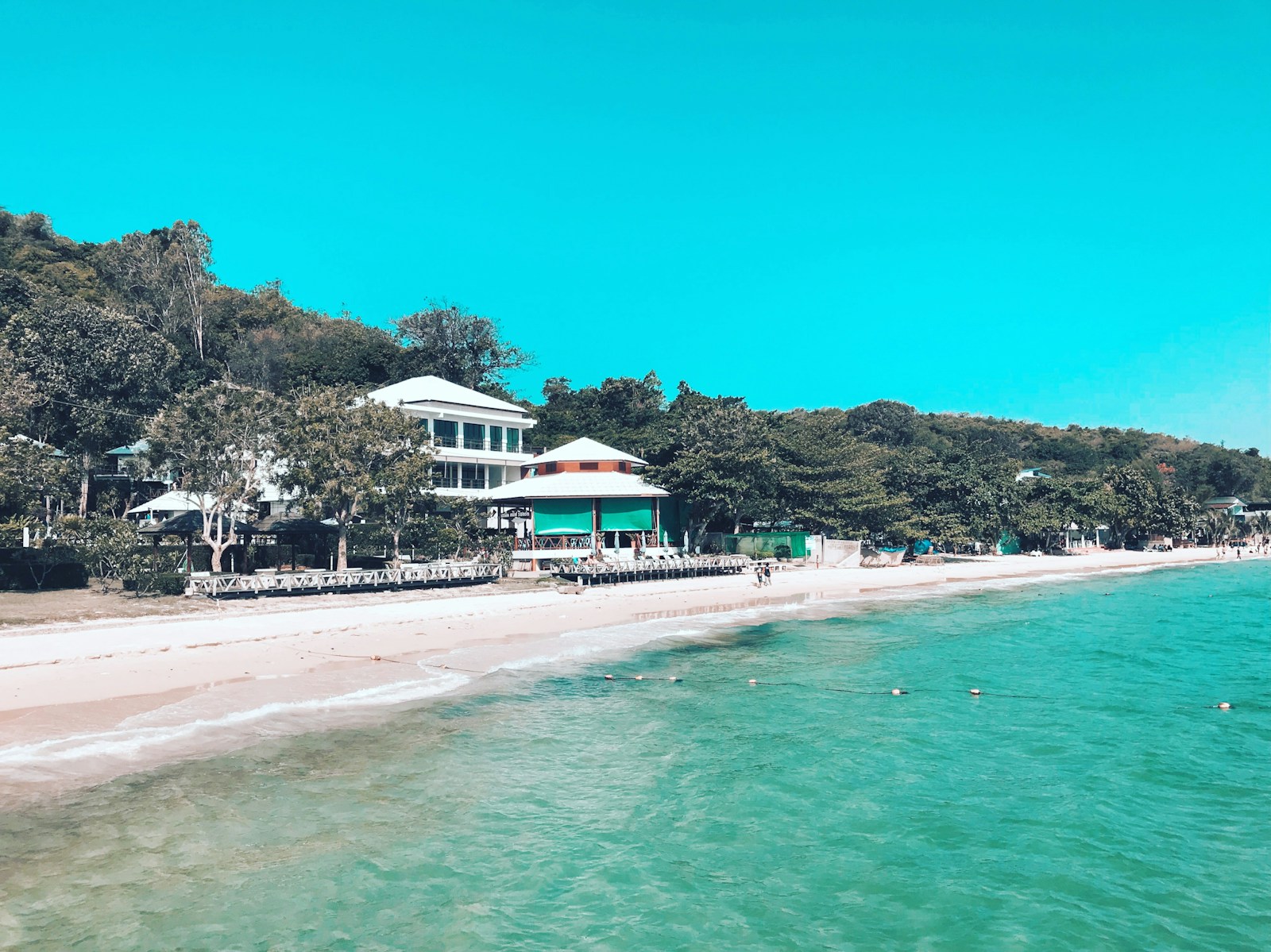Wondering if it’s safe to visit Cuba? You’re not alone. With its vibrant culture, stunning beaches, and rich history, it’s no surprise Cuba has caught your wanderlust-filled eye. But, like any travel destination, it’s important to understand the safety aspects before packing your bags.
Is Cuba safe? The short answer is yes, for the most part. But, it’s not as simple as it sounds. There are factors you need to consider, from crime rates to health and safety measures. It’s crucial to be well-informed to make your trip as safe and enjoyable as possible.
Remember, every travel experience is unique. Your safety in Cuba, like anywhere else, largely depends on your actions and precautions. Stay tuned as we delve into the nitty-gritty of Cuba’s safety, ensuring you’re prepared for your upcoming adventure.
Is Cuba Safe for Travelers?
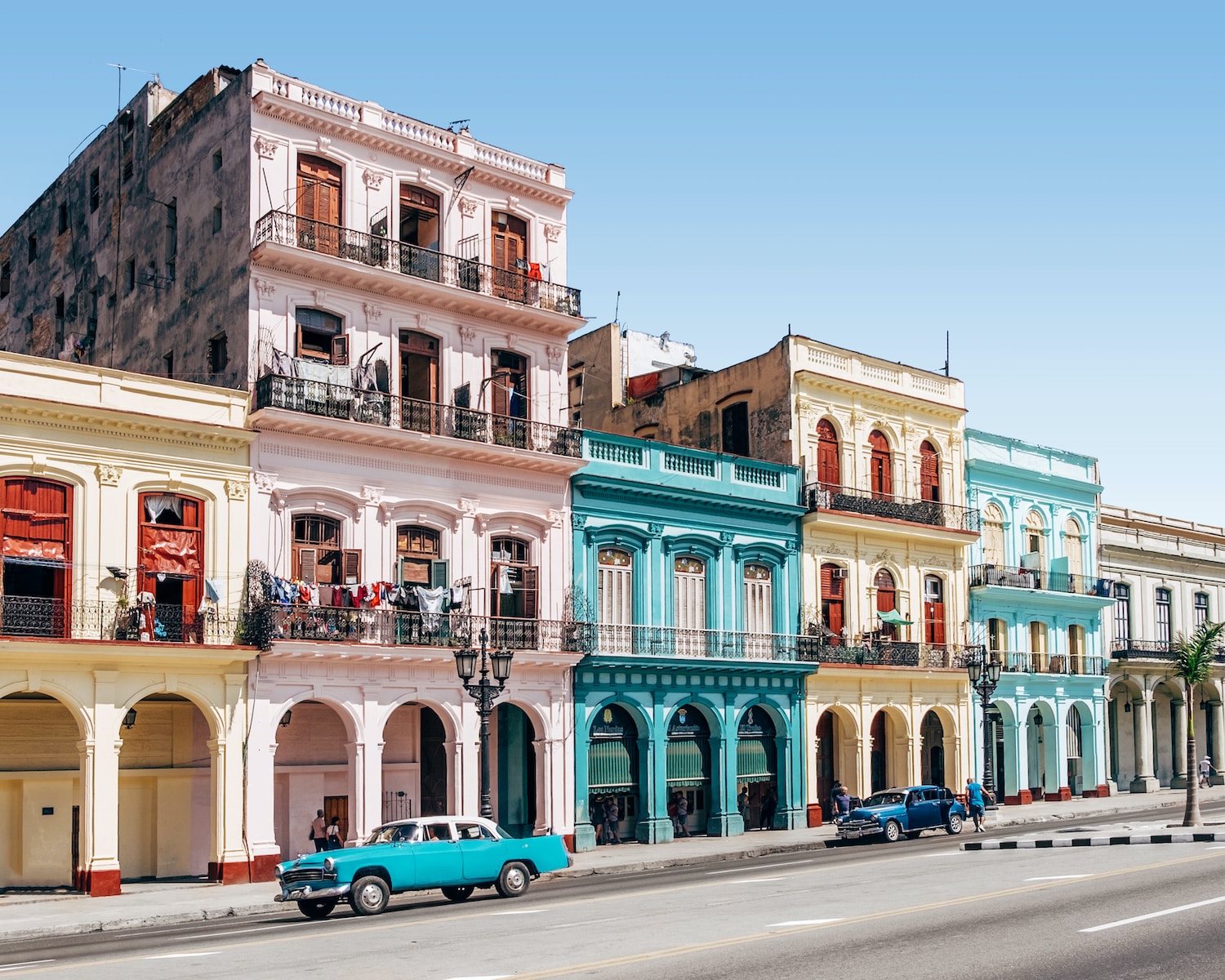
As you plan your visit to Cuba, it’s quite natural to question the safety aspects. This section aims to shed light on important aspects like crime rates and local laws that significantly impact travelers’ safety in Cuba.
Crime Rates and Statistics in Cuba
Despite the general perception, Cuba’s crime rates are relatively low compared to other countries in the region. Nevertheless, when it comes to personal safety, numbers aren’t everything. You’ll see in the table below a brief overview of crime rates in Cuba:
| Crime | Rate |
|---|---|
| Violent Crime | Low |
| Petty Theft | Moderate |
| Carjacking | Rare |
| Mugging | Rare |
Though less frequent, instances of theft, pickpocketing and scams do occur, especially in tourist-rich areas like Havana. Be on guard against pickpockets and bag-snatchers, and be sensible with your belongings. Make it a point not to flash expensive jewelry or flaunt large sums of money.
Local Laws and Regulations to Consider
Understanding and adhering to local laws and regulations is pivotal to ensuring a safe trip abroad. It’s crucial to remember that laws that might seem standard in your home country might not apply in Cuba, or vice versa.
For example:
- Cuba has strict laws against drug offenses which includes even small amounts of drugs.
- Public displays of affection between same-sex couples may attract attention.
- You’re legally required to carry identification at all times.
While it’s important to respect local customs and laws, it’s equally important to be aware of your rights as a traveler. If needed, you can contact your country’s embassy or consulate in Cuba for assistance.
Undoubtedly, a well-informed traveler is a safe traveler. Getting clear on safety aspects including crime rates and local regulations can significantly enhance your travel experience to Cuba. Let’s carry on with the next section where you’ll learn about the health and safety measures to be observed while traveling in Cuba.
Is Cuba Safe for Families?
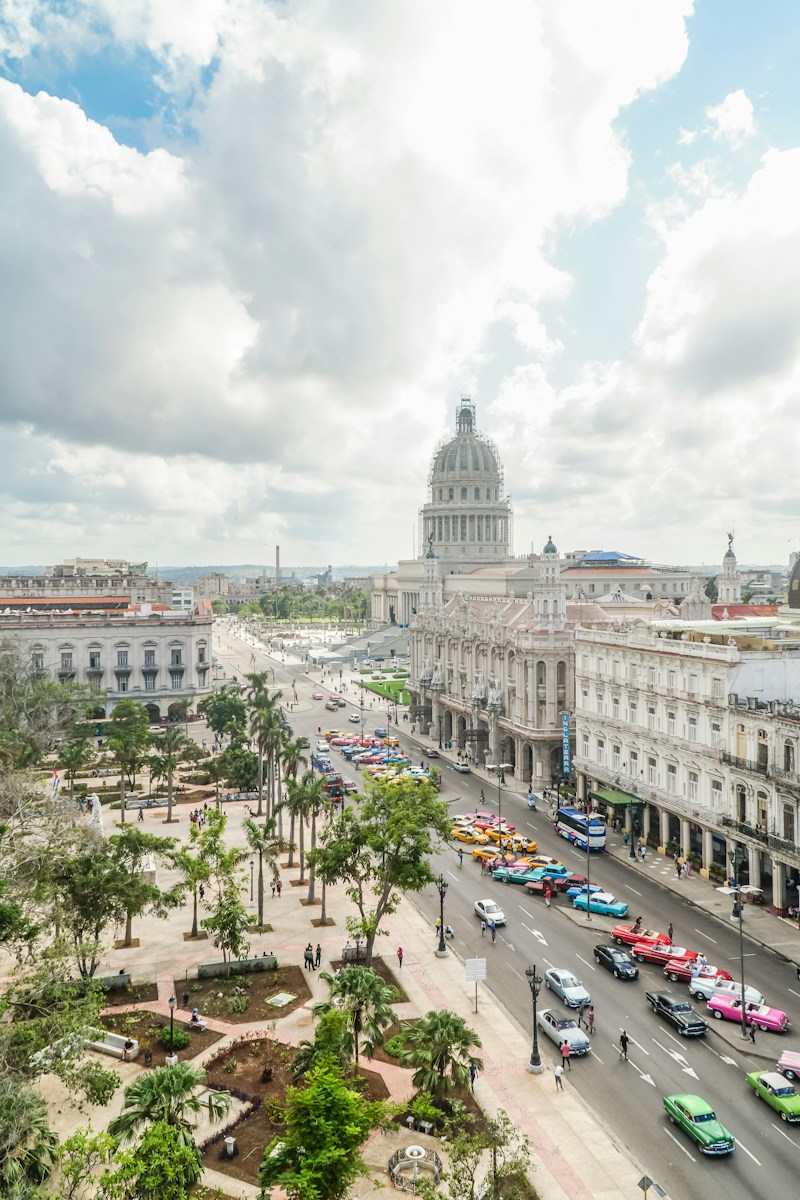
Planning a family vacation to Cuba? You’re probably curious about safety concerns. In general, Cuba is known for being extremely family-friendly. Its relatively low crime rates, as compared to other neighboring countries, also extend to family-oriented vacations.
It’s not uncommon to see Cubans traveling with their own families in the same tourist-friendly areas. This alone speaks volumes about the level of safety you can expect when visiting with your loved ones. While you’d always do well to keep an eye on your belongings—especially in crowded tourist hotspots—the risk of violent crime is minimal.
Still, “being safe” isn’t just about the risk of crime. Know the laws. Remember, traveling with children means being extra cautious about adhering to local laws and regulations. Akins to this, drug laws here are strict, and authorities have little tolerance for any related offenses. Ignorance is not considered a legal defense. Keep it legal, keep it safe, and enjoy what Cuba has to offer.
Another dimension to consider when choosing Cuba for a family vacation is health safety. You’ll want to ensure that each family member’s vaccination records are up-to-date before departure. While medical facilities in major tourist areas in Cuba are adequate, remote areas may lack services. In case of a medical emergency, you’d want to be equipped with the appropriate preventative medications and vaccines.
Dealing with language barriers might be another concern when traveling with family. Key to this, a basic understanding of Spanish will be commensurately beneficial. While many Cubans speak English, having a rudimentary comprehension of Spanish will help you navigate your family holiday more comfortably. It will also act as a catalyst in fostering communication with locals and immerse you in the Cuban culture.
Additionally, Cuban law requires everyone, adults and children alike, always to have proper identification. So make sure your whole family carries a copy of their ID whenever you’re out exploring.
Safety Landscape in Cuba
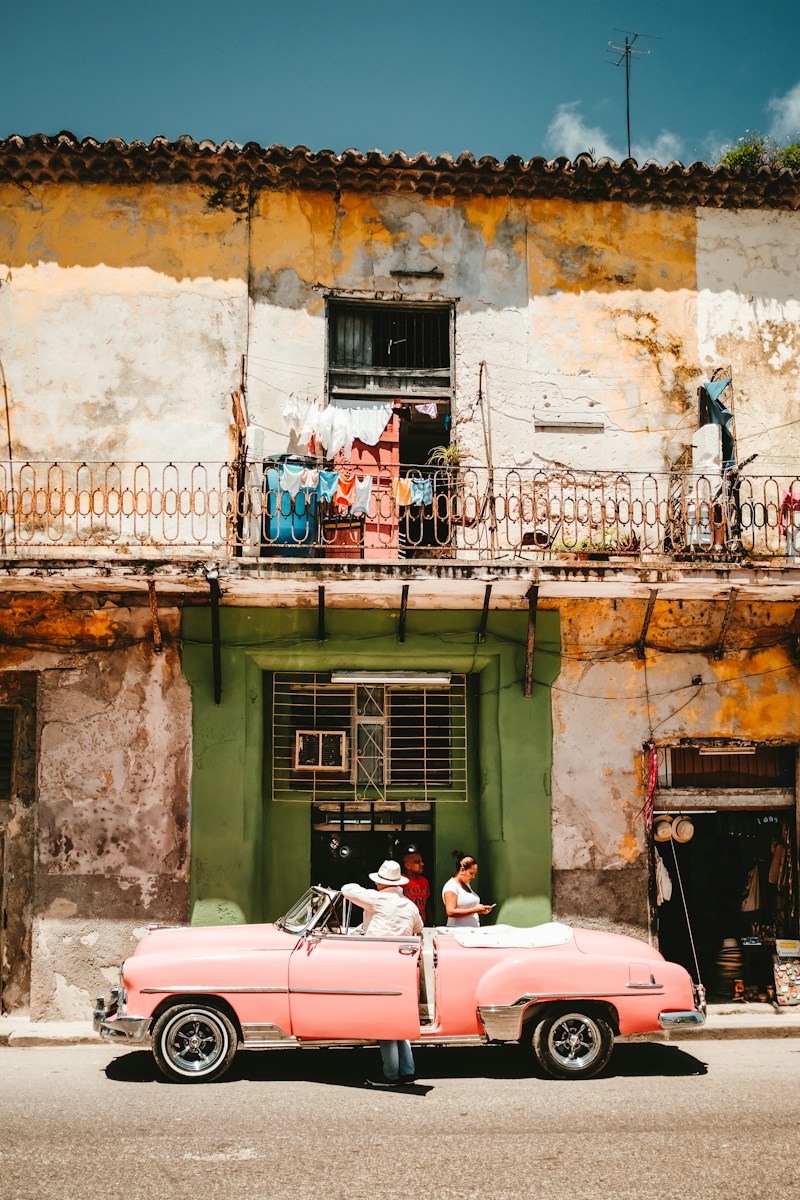
As you navigate around Cuba, it’s essential that you’re aware of the safety landscape. In this section, we’ll break down the areas to avoid along with safer areas to explore.
Dangerous Neighborhoods to Avoid in Cuba
Despite generally low crime rates, certain areas in Cuba still present safety challenges and are best avoided, especially at night. Central Havana and Habana Vieja (the old town) are noted for instances of petty crime. Tourists are targeted primarily for small thefts, so it’s advisable to be careful about your belongings in these neighborhoods.
Regla and Guanabacoa – often untouched by guidebooks – are historically rich suburbs. However, they’re known for their higher crime rates. Public transportation in Cuba tends to be crowded, leading to higher possibilities of pickpocketing. You should be particularly cautious when using buses in these neighborhoods.
Remember that any neighborhood can be risky, especially once the sun sets. Always practice common sense and be aware of your surroundings to ensure your safety.
Safest Places in Cuba to Visit
There are many places in Cuba known for their safety, warmth, and welcoming nature. Varadero, a popular tourist resort town, is one of the safest areas in the country for travelers. It offers beautiful beaches and plenty of attractions to keep you entertained.
Cayo Coco is another safe haven for tourists. As a part of Jardines del Rey municipality, it’s known for its luxury resorts and awesome nature spots. It’s regarded as a secure haven for tourists, and the local community prides itself on welcoming visitors.
Always remember, regardless of how safe an area may appear, it’s important to stay vigilant. Follow local advice, prioritize your personal safety, and adhere to public warnings and regulations to make sure your trip remains safe and enjoyable.
Emergency Services and Support in Cuba
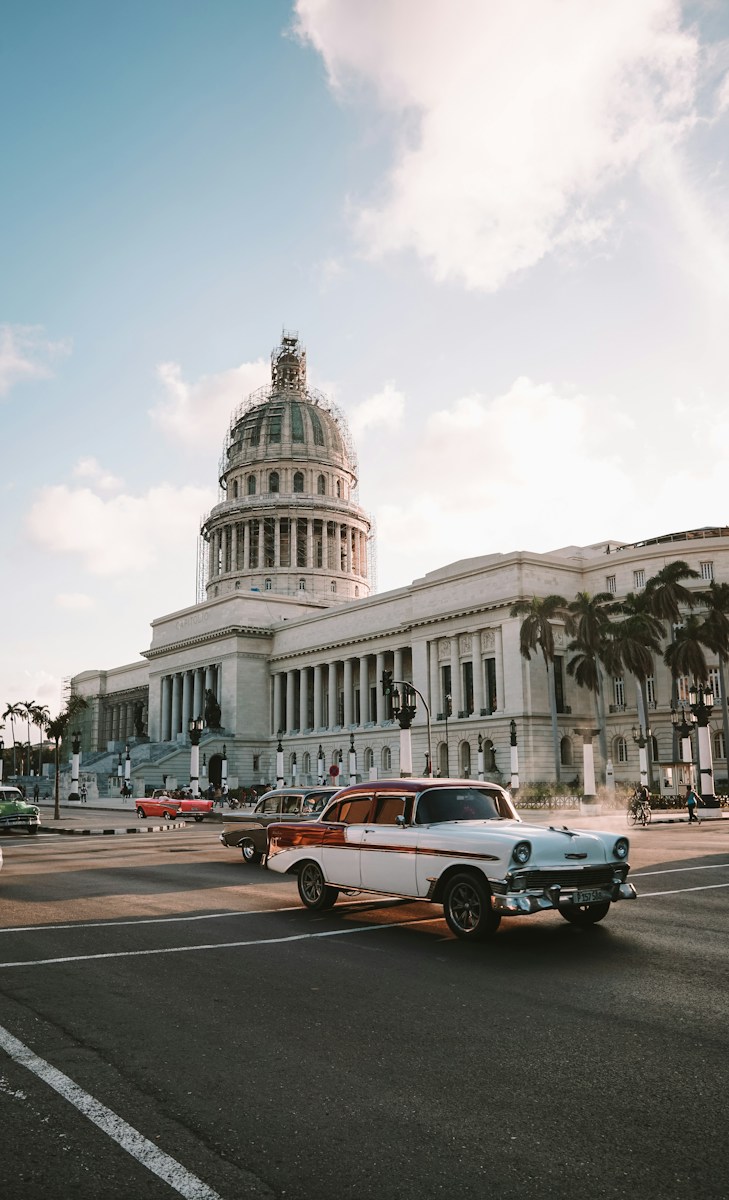
Understanding the availability and quality of emergency services is crucial when you’re visiting any foreign country. This holds true for Cuba as well. Let’s break down the various components of this broad area to have a more comprehensive idea of what you could expect.
Healthcare Facilities in Cuba
Cuba is globally recognized for its high-quality healthcare system. Most cities, like Havana, Santiago de Cuba, and Camagüey, have numerous well-equipped clinics and hospitals. The medical staff there is trained to handle a wide range of health issues, providing reliable service. For minor issues, your hotel might provide medical assistance so it’s worth checking with them first.
Availability of Police and Medical Services
Police could be found readily throughout Cuba. They’re commonly visible in tourist areas, so there’s a high chance you’ll be able to receive assistance if you’re in need. For healthcare, medical services are just as accessible. Hospitals and clinics are available throughout the country and can be reliably counted on for assistance. Bear in mind that you might have to cover health service costs upfront, even if you have travel insurance.
List of Emergency Phone Numbers in Cuba
It’s crucial to keep a list of all necessary hotline numbers. In case of emergency situations, acting swiftly is vital. Here is a convenient list of emergency numbers that you can save and refer to:
| Service | Phone Number |
|---|---|
| Police | 106 |
| Medical | 105 |
| Fire | 105 |
Remember, these numbers are for Havana and might change depending on the city. It’s beneficial to confirm these numbers locally when you arrive.
How to Access Consular Assistance
If you happen to lose your passport, experience legal complications, or run into serious issues, your embassy or consulate can provide you with invaluable support. Stay prepared by noting down the contact information of your home country’s embassy in Cuba.
Remember to always stay vigilant when in a foreign country, especially when it comes to safety and emergency services. Being aware of these aspects will help make your visit to Cuba worry-free, allowing you to embrace all the vibrance and diversity this beautiful island nation has to offer.
Safety Tips for Nightlife
No matter where you’re traveling, understanding the local nightlife culture is paramount to ensuring a safe and enjoyable experience. Cuban nightlife is vibrant, brimming with music-filled clubs, peaceful cafés and lively streets.
First and foremost, stay aware of your surroundings. This means not only being aware of the people and situations around you but also keeping tabs on your belongings. It’s easy to let your guard down when you’re having a great time, but remember that opportunistic theft can occur even in the friendliest of crowds.
Important to bear in mind, that Cuba operates a dual currency system, the Cuban Peso (CUP) and the Cuban Convertible Peso (CUC). It can be confusing for first-time visitors, making them easy targets for scams. Keep a keen eye on transactions and ensure you’re given the correct change.
Secondly, while the famous Cuban entertainment scene is genuinely world-class, declaring it free of all risks would be misleading. One particular concern for visitors might be the jineteros or “friendly strangers” who offer assistance or companionship. These individuals can sometimes be looking to take advantage of tourists, either through scamming or pickpocketing.
Consider the following as prevention measures:
- Avoid revealing that it’s your first time in Cuba.
- Steer clear of conversations about politics and controversial topics.
- Politely decline offers of guided tours or help if you haven’t requested it.
The final piece of advice is to understand and respect local current COVID-19 protocols. These regulations can change rapidly, so it’s important to have the most current information. Check with local resources or your Consulate for any updates.
Embracing these points will allow you to safely relish the Cuban nightlife, soaking up the rich fusion of music, dance, and tropical ambiance. The unique nightlife culture here tells an essential part of the country’s vibrant story, a story that waits for you to explore. Immerse yourself in the rhythm of salsa, the aroma of authentic cuisine, and the local charm that’s sure to make your trip to Cuba a memorable one.
Safety Tips for Public Transportation
Public transportation is a cost-effective way to explore Cuba, but it’s paramount to remain vigilant for a safe journey.
First up on the list is awareness of schedules. You may rely on buses or taxis but bear in mind that these do not always adhere to strict schedules or routine routes. It’s advisable to ask locals about their transportation timetables and routes.
Safeguarding your belongings is another critical point. Each journey can become an opportunity for pickpockets if one is not watchful. You’re advised to keep your valuables concealed and secured at all times, preferably in front-facing bags or inside pockets.
Another practical tip is avoiding non-official taxis. Though they might offer you a cheaper ride, the risks involved are high. These drivers might not have proper licenses, can overcharge, or might not be as reliable. Stick to licensed taxis, identified by their official signage and/or blue license plates.
Riding at night can be a tricky affair. If it’s unavoidable, you’re encouraged to take a licensed taxi rather than a bus. Taxis are generally believed to be safer during the nighttime hours in Cuba.
Pre-booking transportation for airport transfers and long-distance journeys is a great way to dodge potentially fraudulent situations. Book through reliable companies and confirm the price in advance to avoid unpleasant surprises.
Here’s a summary of these points in a markdown table:
| Safety Tip | Description |
|---|---|
| Awareness of Schedules | Ask locals about transportation timings and routes |
| Safeguard Your Belongings | Keep valuables concealed in front-facing bags or inside pockets |
| Avoid Non-official Taxis | Stick to licensed taxis with official signage or blue plates |
| Night Riding | If unavoidable, use licensed taxis rather than buses |
| Pre-book Transportation | Pre-book transit from the airport and for long-distance journeys |
Navigating a foreign country’s transport system requires a degree of calmness and attentiveness. As you tread along unfamiliar streets or find yourself huddled in a crowded bus, keep these pointers in mind to make your Cuban transportation experience smooth and safe.
Local Customs to Stay Safe
Understanding local customs can add another layer of security during your visit to Cuba. Familiarize yourself with the following practices; they can prevent misunderstandings and improve your travel experience.
To start off, it’s crucial to remember that Cuba is a cash-based society. Many places, especially outside the major cities, do not accept credit or debit cards. Bring enough cash to cover your expenses and plan your budget sensibly. From tipping musicians to buying souvenirs on the streets, cash transactions are part of the local customs in Cuba.
Keep in mind that ‘Cuban time’ is a real phenomenon. Be prepared for events to start late, buses to arrive at their own pace, even for shops to open later than advertised. But don’t let these hiccups get to you, instead, embrace the laid-back island vibes.
Next, Spanish is the official language in Cuba and while you might encounter locals who speak English, especially in tourist areas, understanding basic Spanish phrases will serve you well.
Here are a few helpful phrases to keep in mind:
- ‘Buenos días/buenas tardes/buenas noches’ – good morning/afternoon/evening
- ‘¿Cuánto cuesta?’ – How much does it cost?
- ‘No entiendo’ – I don’t understand
- ‘Donde esta el baño?’ – Where is the bathroom?
Another important custom revolves around haggling when you’re out shopping in local markets. Be respectful, keep a smile on your face, and don’t be afraid to walk away if you feel you’re being overcharged.
Keep these customs in mind as you explore and enjoy the beautiful nation of Cuba. With a bit of research and planning, you’ll blend in with the local crowd in no time.
Common Tourist Scams and How to Avoid Them
Confronting scams is often a part of the travel experience, and Cuba is no exception. However, being aware of common tourist traps can safeguard your trip from becoming a swindle.
One common scam in Cuba is the ‘Casa Particular’ scam. Here, locals may claim they have a cheaper room at a Casa Particular (licensed homestay in Cuba) compared to the location you’ve booked. Often, it’s a ruse to secure higher commissions by diverting you to a different accommodation. To avoid this, stick to your original booking.
A ‘currency switch’ scam often crops up at various places in Cuba like markets or even currency exchanges. You might be given a change in the less valuable national currency (Cuban Peso) instead of the Cuban Convertible Peso meant for tourists. Be familiar with the look and feel of local currency, and count your change.
Watch out for the ‘friendly local’ scam. A person may strike up a conversation, suggesting a local festival or event you ‘must’ see. Next thing you know, you’re handed an inflated bill for attending the non-existent event. To sidestep this, consult a reputable local guide or your accommodation host about any suggested local happenings.
When you’re out and about exploring, be wary of people trying to sell you cigars on the street, promising they are high-quality ones straight from the factory. Buy cigars only at proper tobacco stores or hotels where they are officially sold, to ensure you’re not duped into buying fakes.
Here’s a recap:
| Scams | How to Avoid |
|---|---|
| Casa Particular Scam | Stick to your original accommodation booking |
| Currency Switch Scam | Learn the look and feel of local currency, count your change |
| Friendly Local Scam | Verify any local events with a reputable source |
| Street Cigar Sales | Only purchase cigars in legitimate stores or hotels |
The key to avoiding scams in Cuba, or anywhere, is vigilance and awareness. Trust your instincts and stay cautious, especially with people who seem overly helpful or too eager to engage travelers in schemes that sound too good to be true.
Next up in the article, we’ll go into details about emergency services and medical facilities in Cuba.
Preparing for a Safe Trip to Cuba
You’ve already learned about the potential hazards during the nightlife in Cuba. But surely, careful preparation before the departure contributes significantly to a safe and enjoyable trip. Let’s discuss more about how you can best prepare for your travel to Cuba.
Traveling Checklist for Cuba
Having your travel essentials sorted out can make your journey hassle-free. Before heading to Cuba, here are a few things you must cross-check on your list:
- Valid Passport: Need we mention, it’s the universal rule for any international travel.
- Visa or Tourist Card: You’ll need a visa or a tourist card to enter Cuba. Check the requirements in advance.
- Medical Insurance: Every traveler to Cuba must have valid travel medical insurance.
- Emergency Contact Numbers: Keep the numbers of your home country’s embassy and your insurance provider.
- Cash: US credit and debit cards don’t work in Cuba. Make sure you’ve enough cash for your stay.
Preparing these in advance will surely be a step in the right direction for staying safe in Cuba.
Weather and Travel Advisories in Cuba
Staying up to date with the latest weather and travel advisories is another important aspect of your travel preparation.
Cuba has a tropical climate with two main seasons: the wet season (May to October) and the dry season (November to April). Prepare your wardrobe accordingly.
For travel advisories, keep a close lookout for information from travel agencies or the government of your home country. These advisories include essential warnings and safety information for specific destinations.
Safety Tips for Solo Travellers
Traveling solo to Cuba shouldn’t necessarily scare you. With a bit of street smartness, you can enjoy your solo trip here. Here are a few safety tips for unaccompanied voyagers:
- Always stay vigilant and keep an eye on your belongings.
- Don’t flash expensive items or jewelry.
- Stick to well-populated, well-lit areas.
- Interact cautiously with locals. It’s a common occurrence in Cuba for locals to befriend tourists with an ulterior motive.
Remember, these are just guidelines. Experiences can greatly vary depending on the place and the time. However, with a bit of caution and common sense, your solo journey to Cuba can indeed turn into a traveler’s delight.
Conclusion: Is Cuba Safe to Travel in 2024?
Absolutely! Cuba is a vibrant and captivating destination that’s safe to visit with the right preparation. Remember, it’s all about being vigilant and aware. Keep your belongings secure, stick with licensed taxis, and pre-book your transport for long journeys. Always stay alert to common scams like the ‘Casa Particular’ or currency switch.
Ensure your paperwork is in order, from your passport to your visa and medical insurance. Carry enough cash and have emergency contacts on hand. Stay updated with weather and travel advisories. If you’re a solo traveler, follow safety guidelines to make your trip memorable for all the right reasons. So, pack your bags and get ready to explore the enchanting streets of Cuba in 2024!
Q1: How can I stay safe when using public transportation in Cuba’s nightlife?
Take caution by understanding schedules and routes since public transport may not strictly follow them. Always keep your belongings concealed and secured, and prefer licensed taxis over unofficial ones.
Q2: What are some common scams I should be aware of in Cuba?
Tourists should be vigilant about scams such as the ‘Casa Particular’ scam, the currency switch scam, the friendly local scam, and the street cigar sales scam.
Q3: What precautions should I take before traveling to Cuba?
Ensure you have a valid passport, visa or tourist card, medical insurance, pre-set emergency contact numbers, and enough cash for your trip. Stay updated with weather and travel advisories.
Q4: What safety tips are provided for solo travelers?
The article emphasizes the importance of staying vigilant, using licensed taxis, pre-booking transportation for long-distance trips, and being aware of common scams to ensure safety for solo travelers.
Q5: What steps can I take to avoid scams in Cuba?
Being vigilant and aware of your surroundings is key. Understand common scams and how they work. Always use licensed service providers and avoid sharing too much personal information with strangers.

